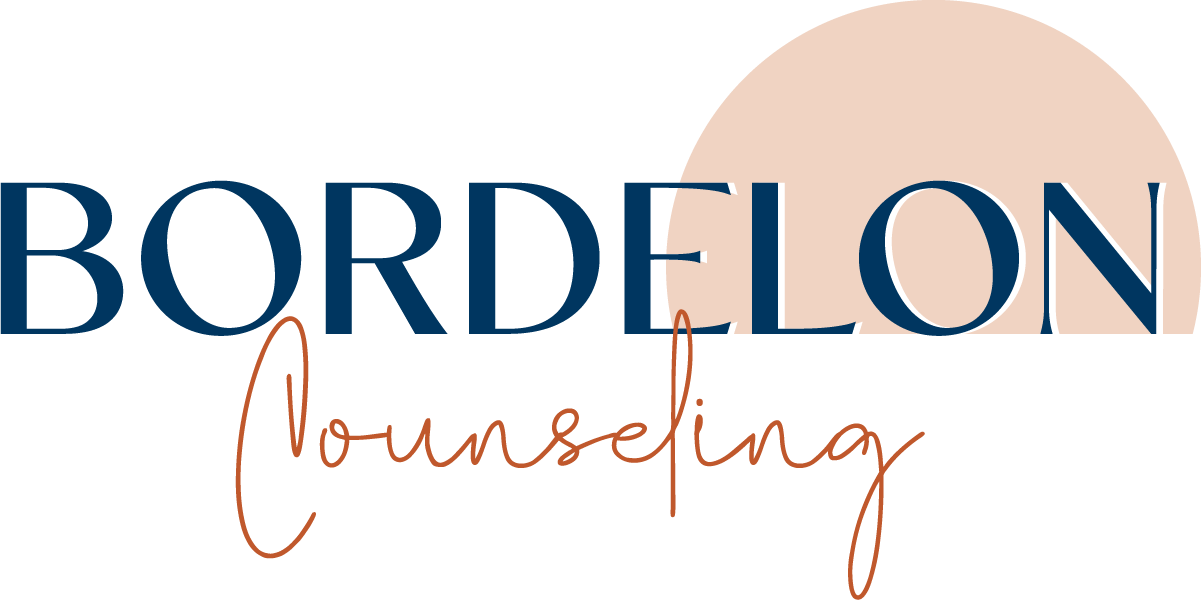Why Did I Become a Counselor? My Journey into the Profession…
“So, why did you become a counselor?”
Friends and family often ask me this question out of sheer curiosity. When I begin to talk about what I do and the service I provide, I typically get wide eyes and faces that look like the “yikes” emoji. Apparently, people are quite shocked to meet a person that chooses to put themselves on the front line of someone’s crisis.
A crisis certainly isn’t wanted, or even fair, but in this work I’ve learned it is an opportunity. An opportunity to choose your next step and to learn more about yourself or others.
So how did I get here? I know you are probably expecting some personal crisis, trauma, or incident that shifted me at my core and led me to the helping profession. But that’s not my story. It’s much simpler.
The truth is, you’d probably say that I grew up in a “perfectly normal” home. I have loving and supportive parents who provided a good life for me and my sister, and still do. They worked hard for me to get a private school education. I was privileged to not experience any major traumas, neglect, or abuse in my life. And I fully acknowledge what a blessing this is.
As I grew up, I realized that I held a deep interest in emotions and emotional expression. This interest was sparked through my own experiences at home. Growing up, we simply did not talk about feelings. We talked about our day, about grades, about my parents work, but never about how we really felt. In fact, any time that I had big emotions, it was typically explosive. I was labeled as “dramatic” or my personal favorite a “drama queen.” The status quo in our home seemed to be no emotion– until we all felt big emotions at the same time.
To be clear, I was emotional and I’m pretty sure my parents had no clue how to handle those big feelings. I remember being told as a child that I must have been “switched at birth” and my parents retelling how they had to read a book about strong-willed children to learn how to deal with me. My family loved to show off this one photo of me lying face down on the ground having a tantrum. Even though this is normal behavior for the 18 month old that I was, it started an endless narrative that I was different and dramatic.
Was I really that different and dramatic? Maybe. Does it hurt for emotions to be dismissed anyway? Absolutely.
Clearly, I had big feelings. My parents didn’t know how to handle those big feelings. And you can bet as a child and even as a teen I surely didn’t either!
As I grew and became interested in the brain and human behavior, I learned about emotional regulation and the value in emotional intelligence. Most importantly, I realized that I had work to do! I am lucky to grow up, live and work in a time where emotional expression is becoming more commonplace and accepted. With certainty, I can say my parents did not grow up with any emphasis on emotional sharing.
So, if no one taught them, how could they possibly teach me?
Most people can only name about 3 emotions: happy, mad and sad. But recent research shows that there are actually 27 different categories of emotions and around 100 additional descriptive emotions! And I’m pretty sure I’ve felt all of them!
Emotional intelligence is to the ability to understand, articulate and problem solve through various emotional experiences. Research suggests that individuals who are more aware of and able to articulate their emotions (i.e. emotional intelligence) are happier in their relationships and more successful in their careers. John Gottman, the leading expert in couples counseling, says that emotional intelligence is necessary in a healthy relationship. It’s also been shown that increased emotional intelligence is indicative of improved leadership skills and abilities. Seeing how important this is to live a successful and well-adjusted life, how much do you think our communities would improve if emotional expression and emotional intelligence were taught in schools?
As a counselor, my mission is to improve the emotional intelligence of our community one client at a time. To ignite and inspire you to gain insight into your experiences, learn how you feel, and express these feelings in ways that foster a healthy relationship with yourself and others. If you didn’t grow up in an emotionally nurturing environment, then you may not know how the lack of emotional knowledge has affected your own mental health, relationships, communication, job or leadership success.
Do you feel captive to your own emotions? Or do you simply want to learn more about why you feel the way you do?
I would love to help you navigate the emotional waters of your life. The ability to put real words to the things that you feel is liberating. It is a simple tool that will help you communicate clearly about what you need to those around you.
Together, we will ignite a passion inside of you to learn and grow your relationship with yourself and others. You are not dramatic. You are not different. You are special, and you belong here.
See you in session!
Recommended Reading- Brené Brown, Atlas of the Heart
Brown, B. (2021). Atlas of the heart: Mapping meaningful connection and the language of human experience.

